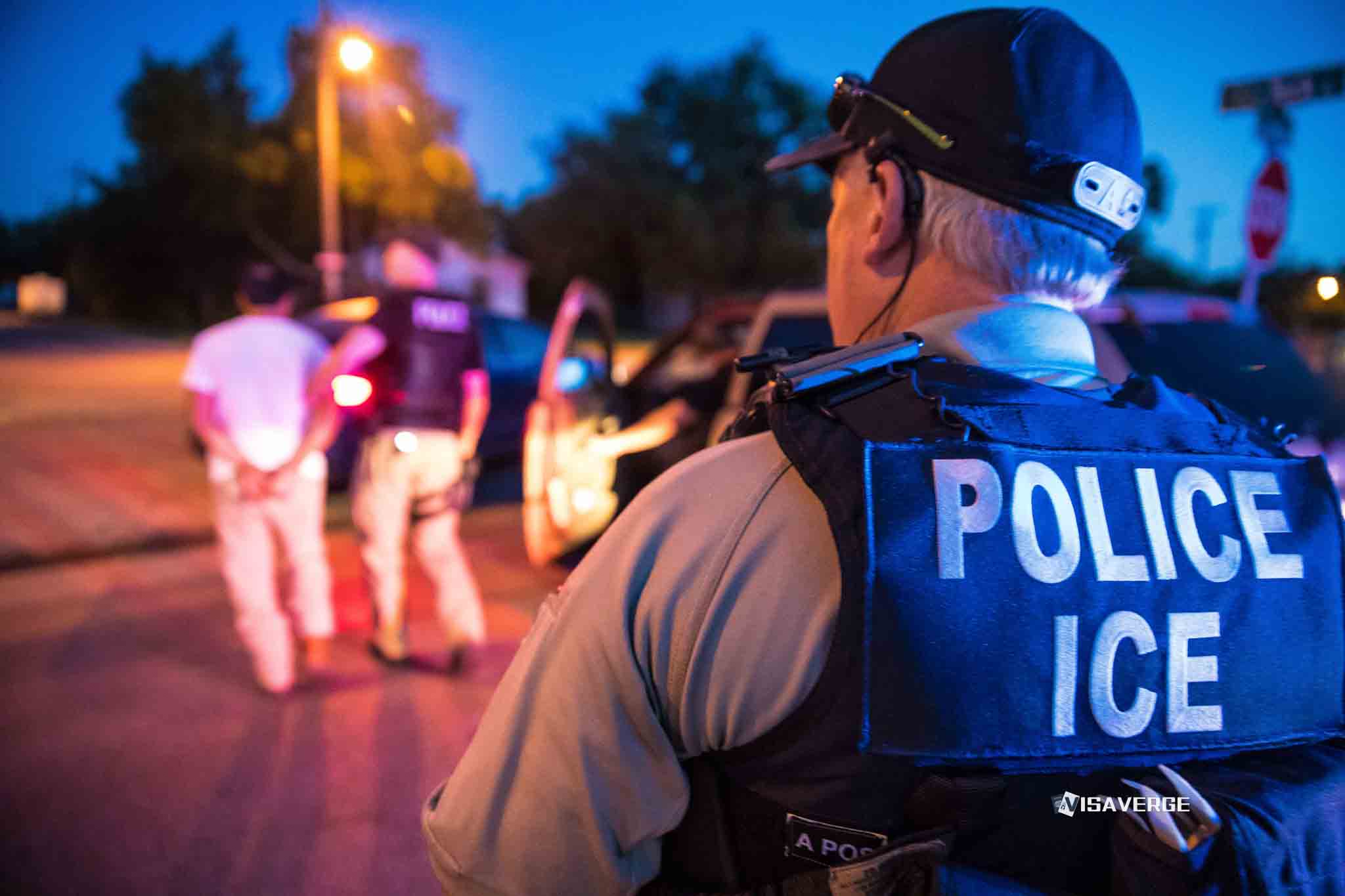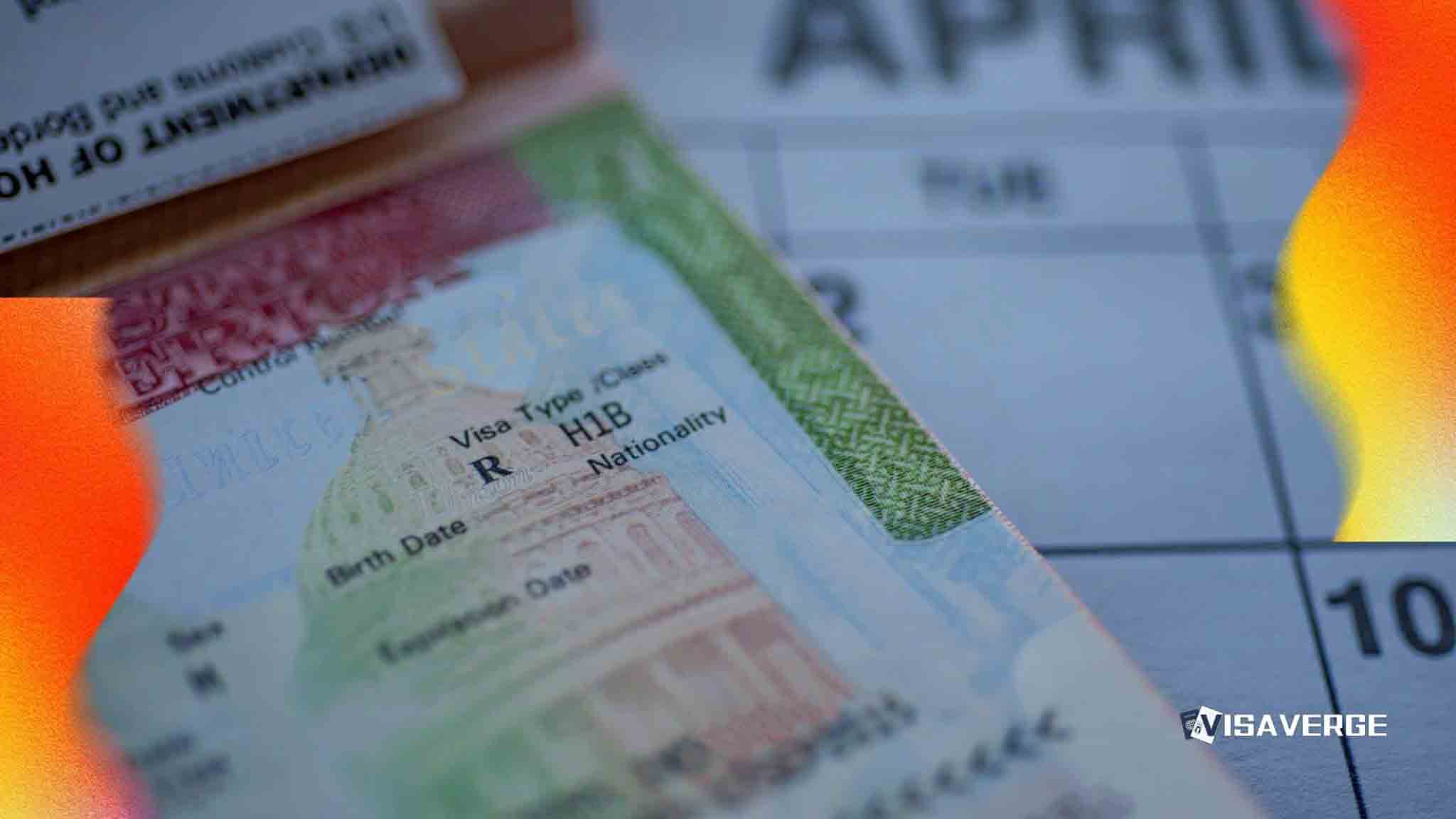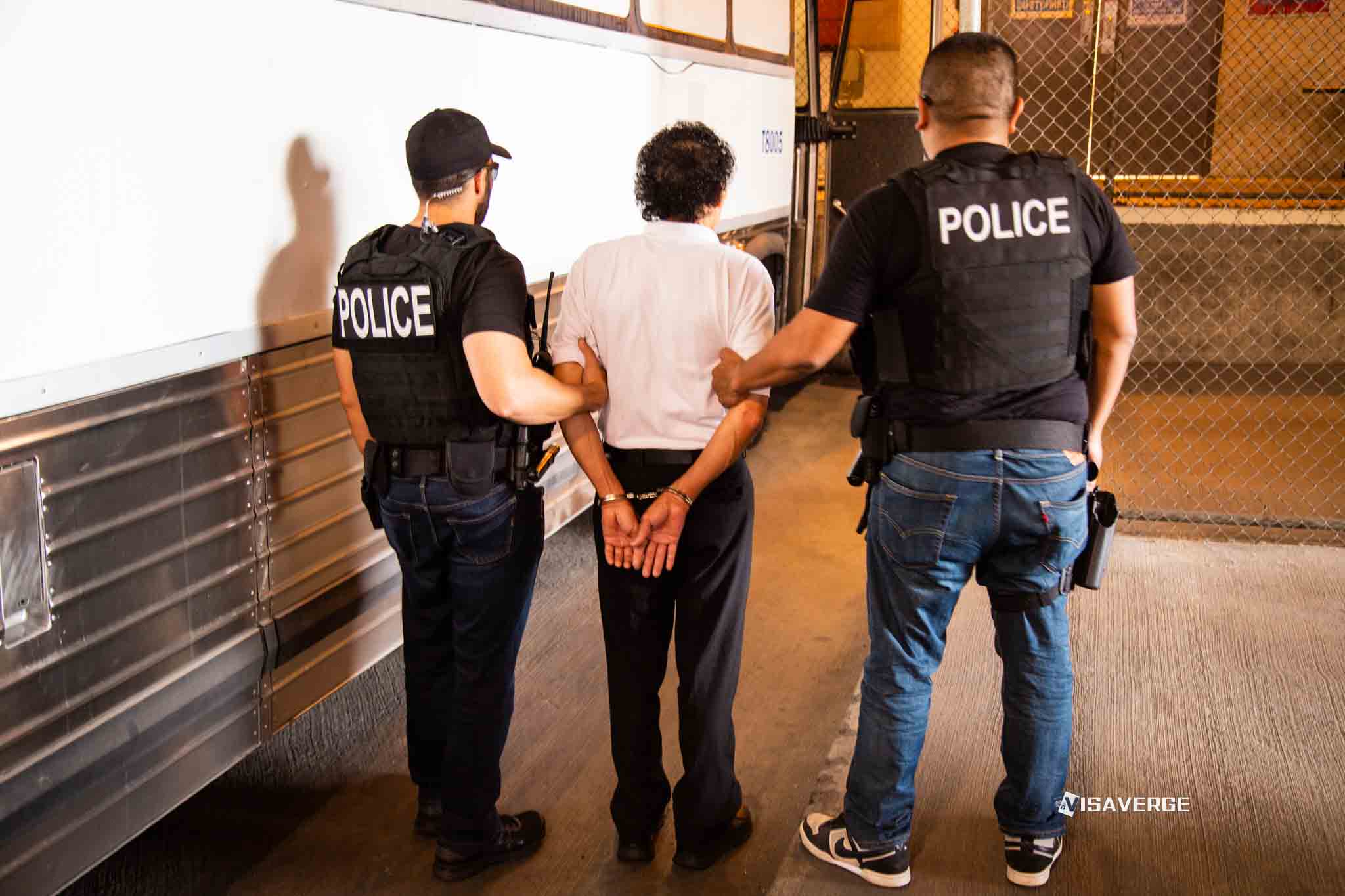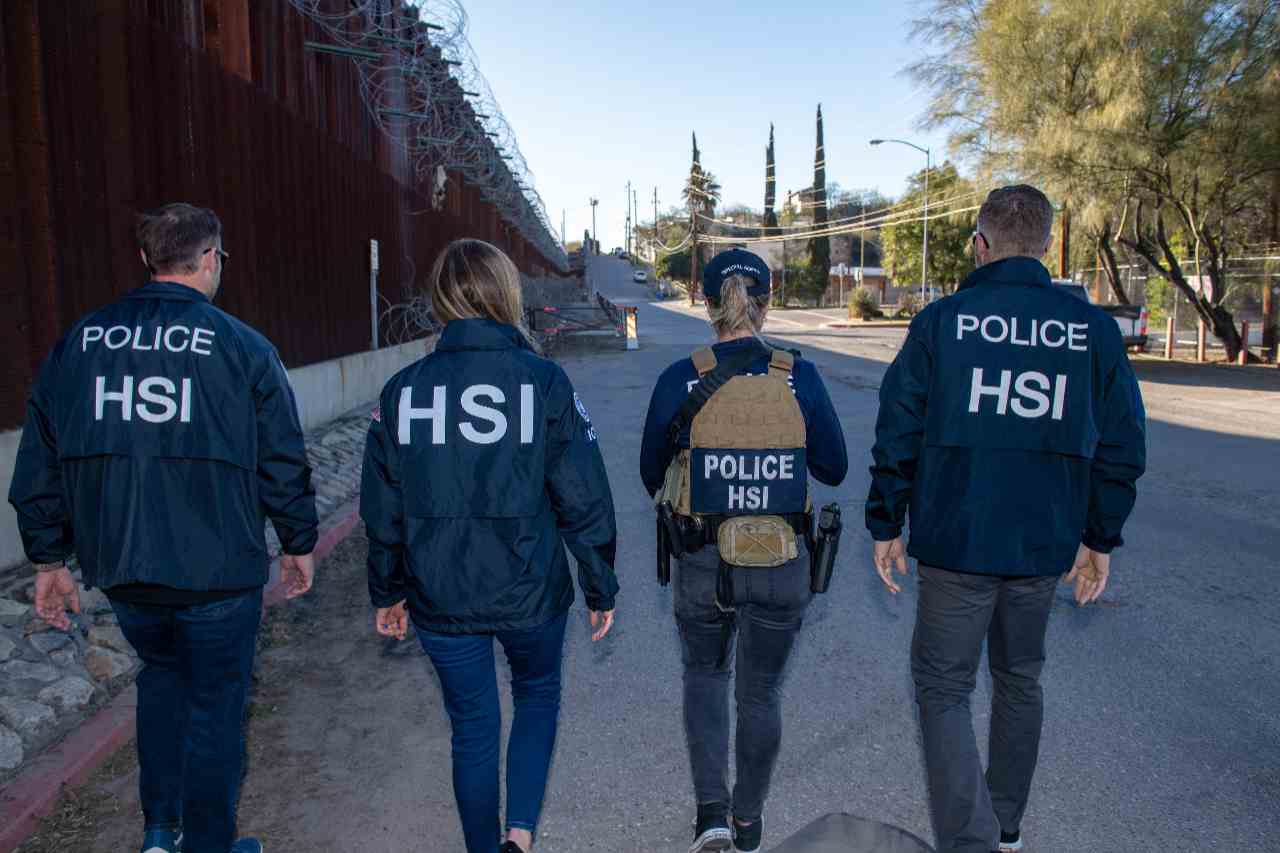Key Takeaways
• On March 15, 2025, 238 Venezuelan men were deported from Texas to El Salvador’s CECOT prison.
• Only 32 deportees had U.S. criminal convictions, mostly for minor offenses; 130 had no convictions.
• Deportations used Alien Enemies Act (137 cases) and Title 8 (101 cases), sparking legal challenges.
Newly released records from the U.S. Department of Homeland Security have revealed that the Trump Administration was fully aware that most Venezuelans deported from Texas to El Salvador in March 2025 had no criminal convictions in the United States 🇺🇸. Despite this, officials labeled these individuals as dangerous criminals and terrorists, sending them to one of the world’s harshest prisons. This move has sparked international outrage, legal challenges, and deep concern among families and human rights groups.
Who Was Deported, and Why?
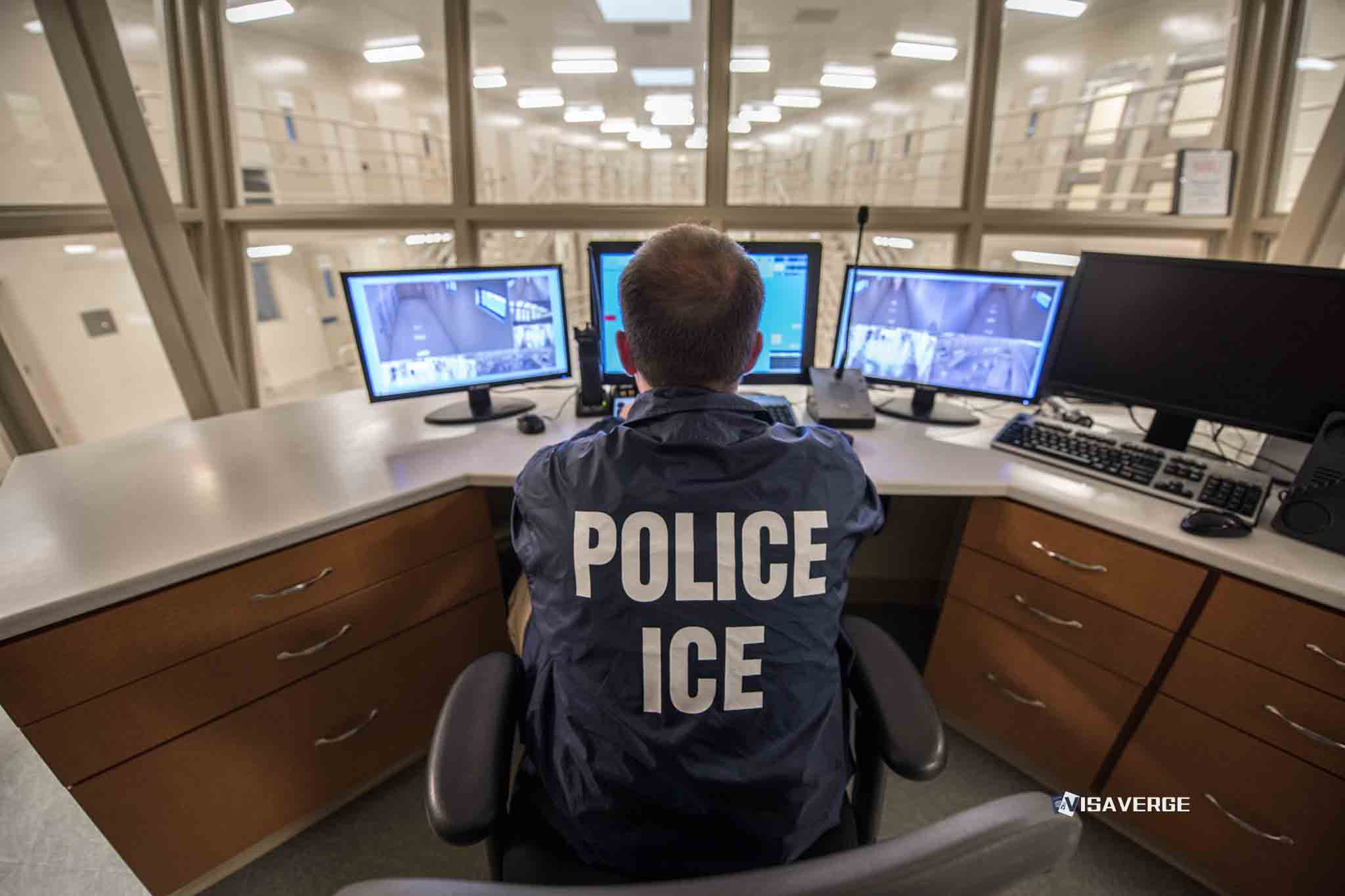
On March 15, 2025, U.S. Immigration and Customs Enforcement (ICE) deported 238 Venezuelan men from Texas, flying them directly to El Salvador 🇸🇻. Upon arrival, they were transferred to CECOT, El Salvador’s maximum-security prison known for its tough conditions and indefinite detention. The Trump Administration justified these deportations by claiming the men were members of the Venezuelan gang Tren de Aragua and posed a national security threat.
However, official data shows a very different picture:
- Only 32 of the deported Venezuelans had U.S. criminal convictions, and most of these were for nonviolent offenses like shoplifting or traffic violations.
- Just six had violent crime convictions (four for assault, one for kidnapping, and one for a weapons offense).
- Over half—130 men—had no criminal convictions or pending charges at all, only immigration violations such as overstaying a visa or crossing the border without permission.
- 20 had foreign criminal records, with 11 for violent crimes and 4 for gun-related offenses.
Despite these facts, President Trump called the deportees “rapists,” “savages,” and “the worst of the worst.” Internal government records, however, show that most of these men had no history of violence or serious crime in the United States 🇺🇸.
How Did the Deportations Happen?
The Trump Administration used two main legal tools to carry out these deportations:
1. Alien Enemies Act of 1798: This old law gives the president power to arrest and deport citizens of countries considered hostile during times of war. In 2025, President Trump invoked this act, claiming that Venezuelan nationals were part of a gang invasion.
2. Title 8: This is the regular U.S. immigration law used for deporting people who violate immigration rules.
- 137 Venezuelans were deported under the Alien Enemies Act
- 101 were deported under Title 8
Karoline Leavitt, the White House Press Secretary, confirmed these legal bases for the deportations.
What Happened to the Deportees in El Salvador?
All 238 Venezuelans were taken straight from the airport to CECOT prison, a facility known for its harsh treatment of inmates. Once there, they were:
- Held incommunicado: They could not contact their families or lawyers.
- Given no trial or sentencing: There was no court hearing or chance to defend themselves.
- Not told about their destination: Many believed they were being sent back to Venezuela 🇻🇪, not El Salvador 🇸🇻.
Neither the U.S. nor Salvadoran governments have published a full list of the deportees or explained their legal status. The only public list came from a leak published by CBS News.
International and Legal Response
Human Rights Concerns
The deportations have drawn strong criticism from international organizations:
- UN human rights experts called the deportations unlawful, pointing to the lack of due process and the risk of enforced disappearance and arbitrary detention.
- Human Rights Watch condemned the actions as grave human rights violations, warning that the men face torture and indefinite detention.
Juanita Goebertus, Americas Director at Human Rights Watch, said, “These enforced disappearances and arbitrary detentions are serious violations of international law.”
Legal Challenges in the United States 🇺🇸
U.S. federal courts have started to push back. In one case, a judge ordered the Trump Administration to seek the return of Daniel Lozano-Camargo, a Venezuelan wrongly deported in violation of an asylum agreement. More lawsuits are expected as lawyers and families fight to bring back those who were deported without a fair hearing.
Venezuelan Government’s Response
Venezuelan officials have strongly denied any links between the deportees and the Tren de Aragua gang:
- Jorge Rodríguez, Venezuela’s chief negotiator, called the transfers a “kidnapping.”
- Diosdado Cabello, Venezuelan Interior Minister, said none of the deportees appeared on the gang’s organizational chart.
Venezuela 🇻🇪 has filed legal petitions in El Salvador 🇸🇻, demanding information and the return of its citizens. El Salvador has suggested a prisoner exchange, but Venezuela rejected this as a cynical move.
How Were the Deportees Identified and Processed?
The process used by ICE and other U.S. agencies involved several steps:
- Identification: ICE agents detained Venezuelan men, often targeting those with tattoos or those attending routine check-ins.
- Classification: Many were labeled as gang members or security threats, often with little or no evidence.
- Legal Process: Most were denied a hearing or the chance to contest their deportation. Some were not told they were being sent to El Salvador.
- Deportation: On March 15, 2025, the group was flown to El Salvador and taken directly to CECOT prison.
- Detention: All have been held incommunicado, with no access to legal counsel or information about their cases.
Impact on Families and Communities
The families of the deported Venezuelans have been left in the dark. Many have no idea where their loved ones are or whether they are safe. The lack of information has caused deep distress and fear.
- No contact: Families cannot reach their relatives in CECOT prison.
- No legal help: Deportees have no access to lawyers or the ability to challenge their detention.
- Uncertain future: There is no clear path to release or return, leaving families in limbo.
Broader Policy and Human Rights Implications
Human Rights Violations
International law requires that people facing deportation have the right to a fair hearing and protection from torture or arbitrary detention. In this case, experts say these rights were ignored:
- No due process: Deportees were not given a chance to defend themselves.
- Enforced disappearance: Families and lawyers do not know the whereabouts or well-being of the deportees.
- Arbitrary detention: The men are being held without charges or a set release date.
Diplomatic and International Relations
The deportations have strained relations between the United States 🇺🇸, Venezuela 🇻🇪, and El Salvador 🇸🇻. Venezuela has demanded the return of its citizens and filed legal actions in El Salvador. The United Nations and human rights groups have called on both the U.S. and El Salvador to stop these deportations and respect international law.
Legal and Policy Changes
The Trump Administration’s use of the Alien Enemies Act is unusual. This law, passed in 1798, is rarely used and was intended for wartime situations. Its use in 2025 to deport Venezuelans has raised questions about presidential power and the rights of immigrants.
The administration has also ended Temporary Protected Status (TPS) for Venezuelans, making it easier to deport them even if they face danger in their home country.
Investigative Findings and Media Reports
Investigative journalists from ProPublica, Texas Tribune, and CBS News have found that the Trump Administration’s public statements about the deportees do not match the facts. Internal records show that most of the men had no serious criminal history. The administration’s decision to label them as gang members or terrorists appears to have been based more on politics than on evidence.
As reported by VisaVerge.com, these findings have fueled calls for greater transparency and accountability in U.S. immigration policy.
What Happens Next?
The situation remains fluid, with several possible developments on the horizon:
- Legal challenges: More lawsuits are expected in U.S. courts, which may order the return of additional deportees.
- International pressure: The United Nations and human rights groups are demanding that the U.S. and El Salvador provide information, allow legal access, and stop summary deportations.
- Diplomatic negotiations: Venezuela continues to push for the return of its citizens, while El Salvador has suggested a prisoner exchange.
- Policy changes: Ongoing court rulings and international scrutiny may force changes to current deportation and detention practices.
Key Facts at a Glance
| Issue | Details |
|---|---|
| Deportees | 238 Venezuelans (Mar 15, 2025) |
| Criminal convictions | Majority had none; only 32 with U.S. convictions (mostly nonviolent) |
| Legal process | No due process, no trials, held incommunicado at CECOT |
| Policy basis | Alien Enemies Act (137 cases), Title 8 (101 cases) |
| International response | Condemnation by UN, Human Rights Watch, Venezuela |
| Legal developments | U.S. courts ordering return of some deportees |
| Future outlook | Ongoing litigation, international pressure, possible policy changes |
What Can Affected Families and Advocates Do?
If you have a loved one who may have been deported in this operation, or if you are an advocate seeking to help, here are some steps you can take:
- Contact the U.S. Department of Homeland Security for official information about deportations and detainee status. You can visit their official website for updates and contact details.
- Reach out to Human Rights Watch and the United Nations Office of the High Commissioner for Human Rights (OHCHR) for advocacy and support.
- Monitor legal developments: Stay informed about court cases that may affect the status of deportees.
- Seek legal assistance: If possible, connect with immigration lawyers who are working on these cases.
Conclusion and Takeaways
The Trump Administration’s decision to deport 238 Venezuelans to El Salvador 🇸🇻, despite knowing that most had no U.S. criminal convictions, has raised serious questions about due process, human rights, and the use of presidential power in immigration policy. The lack of transparency, denial of legal rights, and harsh detention conditions have drawn international condemnation and sparked legal challenges.
For families, the uncertainty and lack of information are deeply painful. For advocates and policymakers, this case highlights the urgent need for fair procedures, transparency, and respect for human rights in all immigration actions.
As the situation develops, it is important for affected individuals and their families to stay informed, seek legal help, and connect with organizations that can provide support. Ongoing court cases and international attention may yet bring changes, but for now, the fate of these Venezuelans remains uncertain.
For more information on U.S. deportation policies and legal rights, you can visit the U.S. Department of Homeland Security’s official page. For updates on this and other immigration stories, analysis from VisaVerge.com suggests keeping a close eye on both legal and diplomatic developments in the weeks ahead.
Learn Today
Alien Enemies Act → A 1798 U.S. law allowing presidential deportation of citizens from enemy nations during war.
Title 8 → Federal U.S. immigration law used to deport individuals violating immigration rules.
CECOT prison → Maximum-security prison in El Salvador known for harsh conditions and indefinite detention.
Incommunicado → Being held without communication access to family, lawyers, or outside contacts.
Enforced disappearance → Secret detention without legal process or acknowledgment by authorities.
This Article in a Nutshell
The Trump Administration deported 238 Venezuelans in 2025, many without criminal records, to El Salvador’s harsh CECOT prison. Despite claims of gang ties, most had no violent offenses. These actions provoked international condemnation, legal battles, and raised serious human rights concerns over due process and presidential power use.
— By VisaVerge.com






